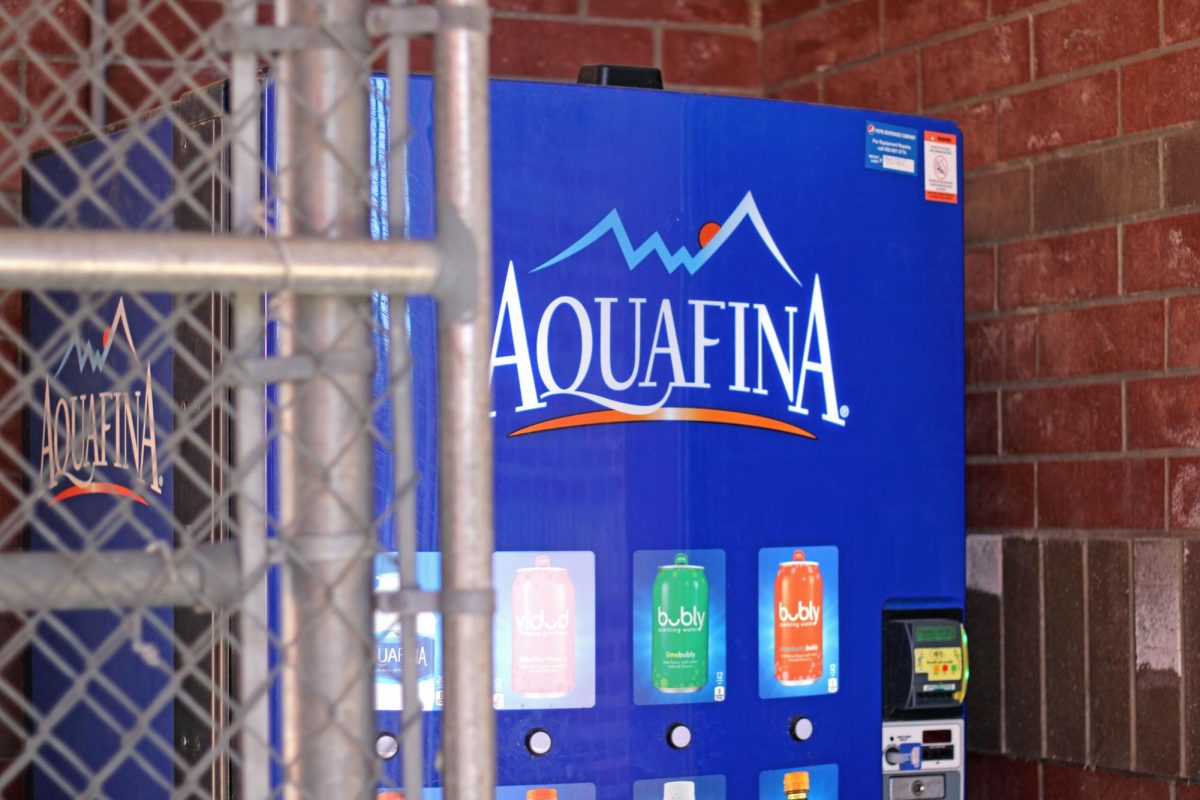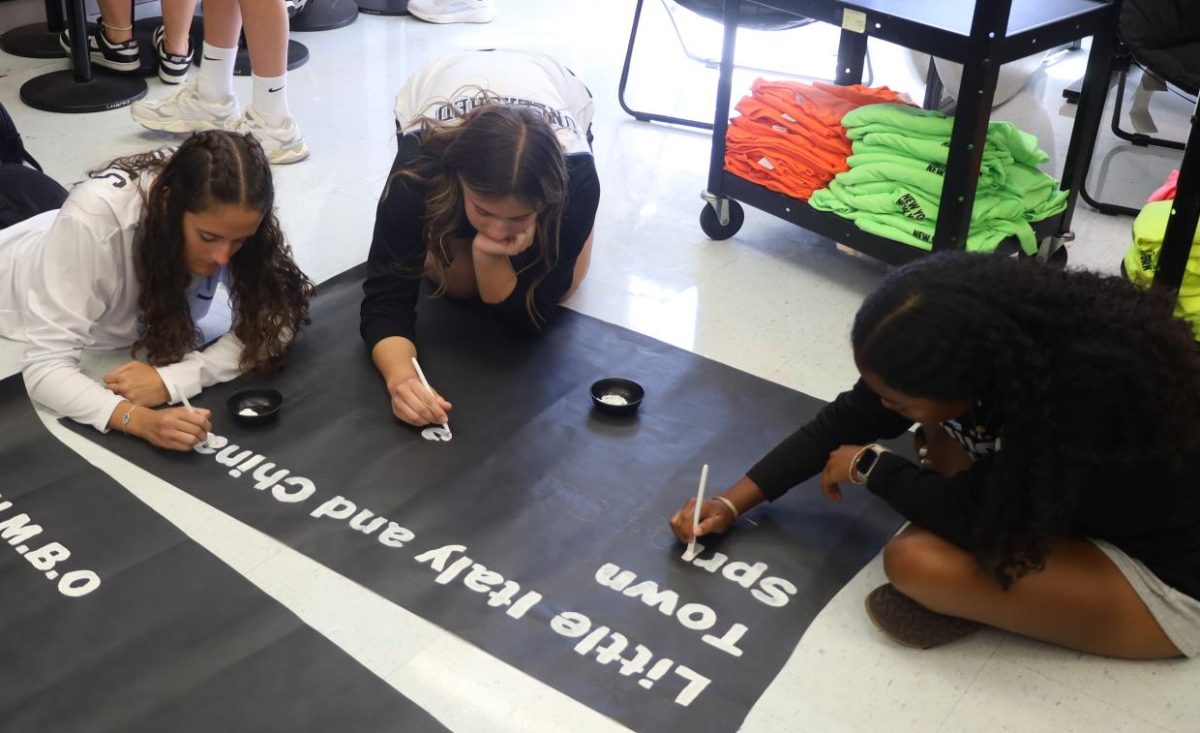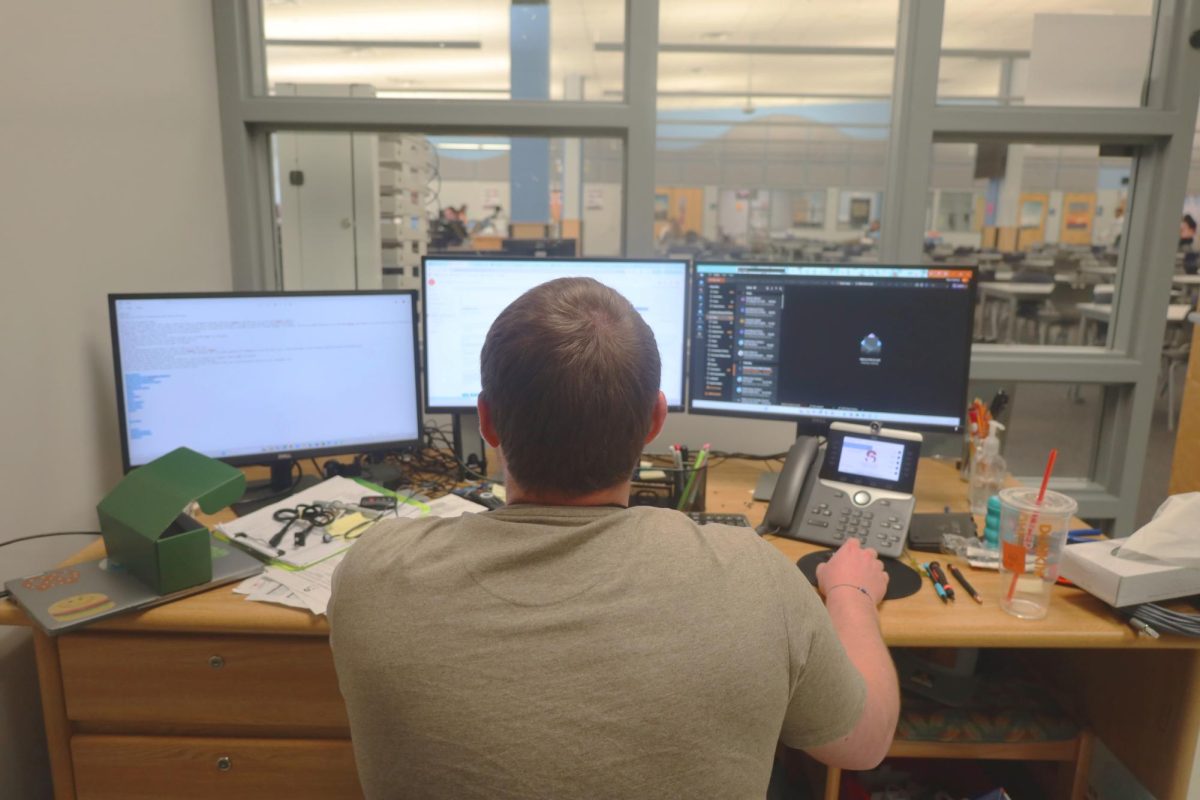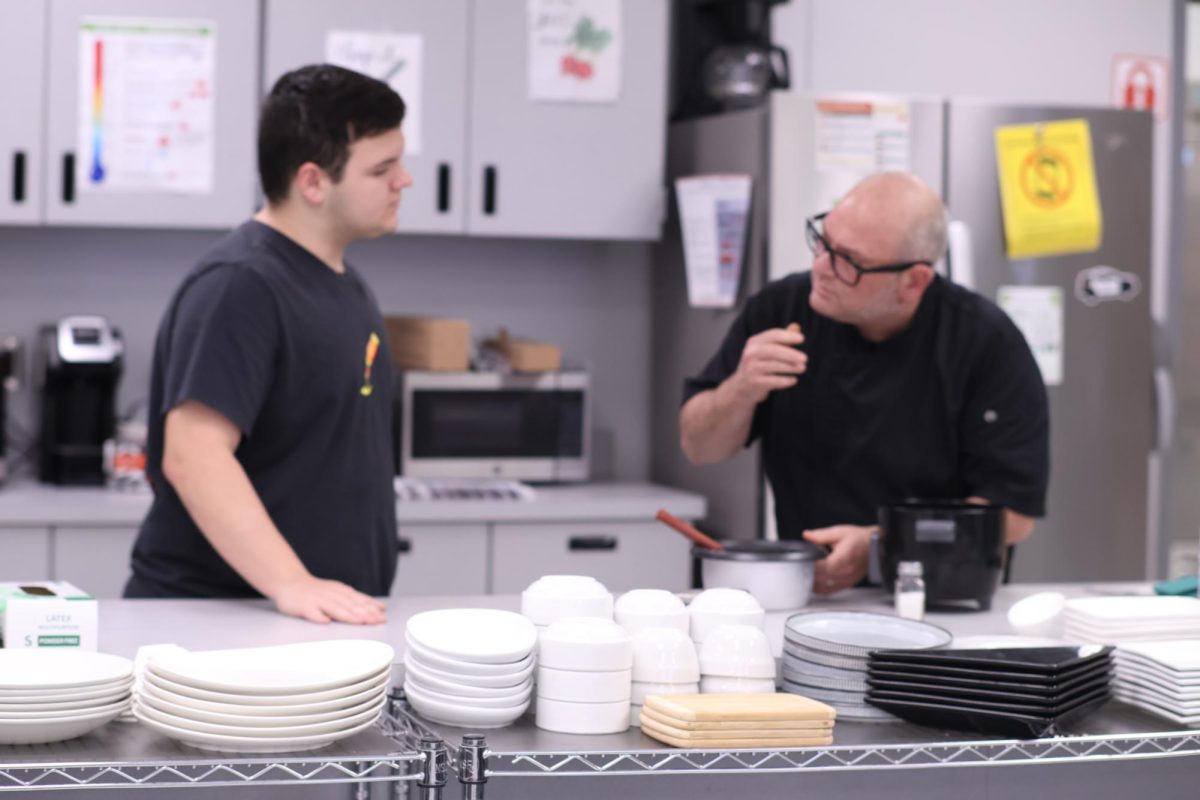As students walk to their next class, they may catch a glimpse of the empty spaces in the nooks and crannies of the school where large machines once were. Sitting empty, collecting dust and fading in the sunlight, the vending machines have had almost no maintenance for a year, and everyone has noticed.
“[The vending machines] sat kind of empty, kind of weird looking, almost abandoned,” school administration manager Jason Maitland said.
It may be a shock that the machines could be neglected for such a long period, but Maitland has been aware of the situation for some time and has been working behind the scenes to get them back in order. Contracts through Red Apple Dining, the company that manages all SCPS food services, have continuously fallen through, leaving no snacks available for purchase each time the maintenance company changed. A new vendor, Canteen, has agreed to work with the school and has scheduled installation for February.
While it is good news that these machines will finally be available again, they still encounter a challenge that schools in other states do not: the Florida sun. At the far end of the campus, a vending machine full of snacks was put directly in the sunlight, leading to each snack’s color fading. This not only discouraged students from buying these snacks, but also made them question the freshness and healthiness of the food provided.
Issues with the machines have been reported by Maitland with the hopes of limiting spoiled food. While he thought of tinting of the machines or a complete change of location, Red Apple Dining assistant director Richard Miles has worked with the vendors to “provide consistently fresh food and drinks to vending machine customers” by electrically monitored restocking and regularly scheduled maintenance visits. In addition, students and faculty will have QR codes to report problems as soon as they occur, limiting inactivity in the machines.
In the past, the sun damage coupled with error screens on the chip reader made it impossible for students to have a source of food besides the lunch menu, which can have very limited options. Since the beginning of the year, when the machines were removed from campus, a new café, Filtered, was added to the cafeteria for students to buy coffee, breakfast and snacks. This provided an alternative to school lunch in the absence of vending machines.
The café still does not completely replace the vending machines’ benefits, such as small portions and affordable options. Regardless, students prefer to have choices provided for them, especially since most students spend up to seven hours at school.
“We have to follow the rules and regulations of the federal government as far as what we can even offer students,” Maitland said. “I would hope that the new company that they’d gotten would track what’s being bought and what’s not, but, I do think kids would probably utilize them as a quick snack type scenario.”
The plans for the future of vending machines look promising, and Miles will release “more details about the new vending machines… district-wide later this month.” In the meantime, students will have to look at the abandoned vending machines corners and imagine the packed full, shiny machines in the future.








